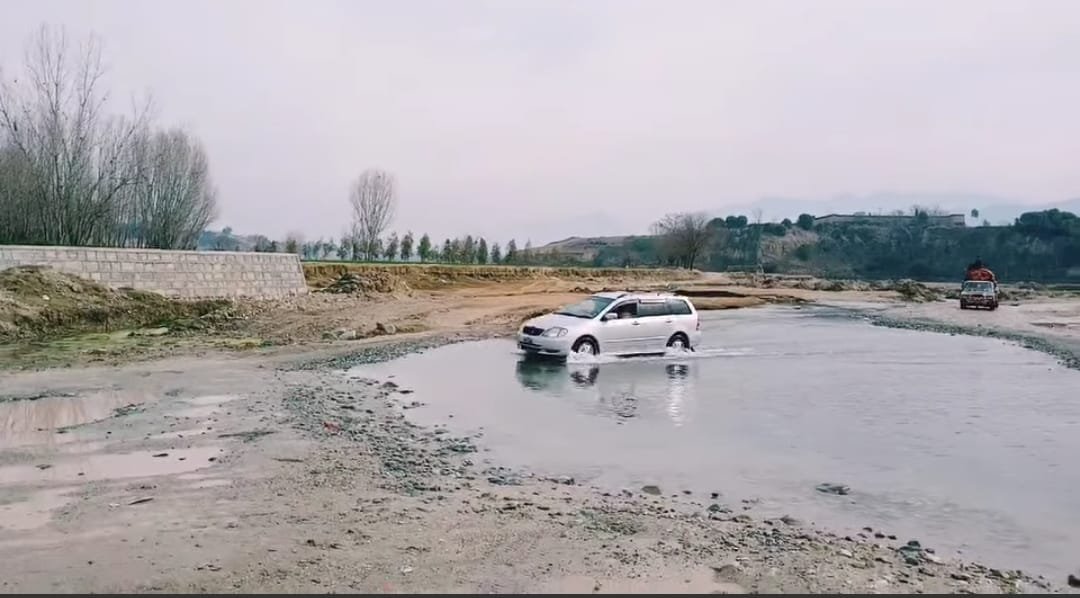Maaz Khan
Climate change is leaving a profound mark on Bajaur, one of Pakistan’s tribal areas, where water scarcity, heatwaves, and declining agricultural productivity are posing serious challenges. The once-abundant rivers, Rud and Mamund, have seen their water flow reduced by alarming rates. This issue is exacerbated by widespread deforestation and the drying up of natural springs, as confirmed by local residents and experts.
Ajab Khan Kaka, a 70-year-old elder from Bajaur, shared his concerns about the region’s deteriorating water resources. “The water level in our wells has dropped  by 32 feet, and the flow in River Rud and Mamund River has decreased by 70%,” he explained. “Deforestation has destroyed our springs, and without trees, the soil cannot hold moisture. If this continues, our wells will run dry within the next decade. It is heartbreaking to see our once-flourishing rivers now struggling to survive.”
by 32 feet, and the flow in River Rud and Mamund River has decreased by 70%,” he explained. “Deforestation has destroyed our springs, and without trees, the soil cannot hold moisture. If this continues, our wells will run dry within the next decade. It is heartbreaking to see our once-flourishing rivers now struggling to survive.”
Similarly, Ashna Bajauri, a seasoned local agriculturalist, highlighted the impacts of water scarcity and urbanization on farming. “The situation is dire. Farmers are losing their ability to grow crops due to the lack of water and increasing heat,” he said. “On top of that, fertile agricultural land is being used for construction. If we continue to lose farmland at this pace, Bajaur’s farming tradition will disappear completely. We need immediate action from the government to save our lands and our livelihoods.
The rising temperatures have made heatwaves more frequent and intense, further complicating life in the region. These conditions have left farmers struggling to cultivate their fields, with many abandoning farming altogether. Adding to this burden, urban sprawl is consuming agricultural land, leaving even less space for farming activities.
Experts and locals agree that urgent action is required to address these challenges. A comprehensive afforestation campaign is essential to restore forests, retain soil moisture, and prevent further erosion. Additionally, the government must enforce strict policies to stop the conversion of fertile farmland into construction sites.
Encouraging the construction of homes in mountainous areas could help preserve arable land for agriculture. Another crucial step is the building of small dams to store water for irrigation, ensuring a steady supply for farming needs.
The voices of individuals like Ajab Khan Kaka and Ashna Bajauri underscore the urgency of the situation. If immediate steps are not taken, Bajaur faces the grim reality of losing its rivers, its agriculture, and its resilience to climate change. The government must act now to safeguard the future of this vital region.





